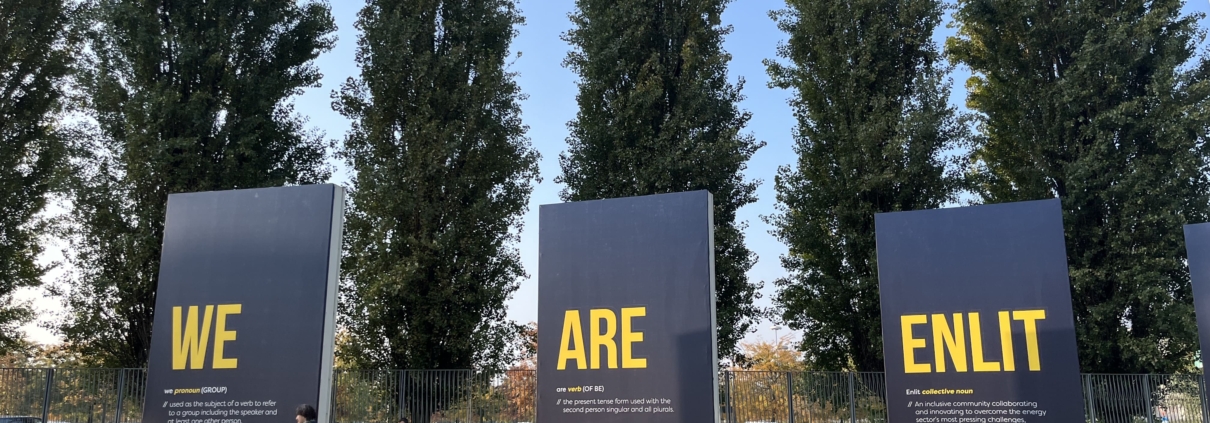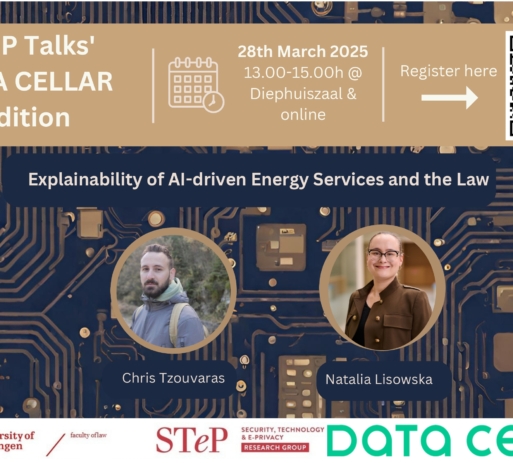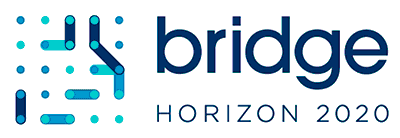DATA CELLAR participates once again in Enlit Europe
For the second consecutive year, DATA CELLAR participated in Enlit Europe, Europe’s largest annual energy platform, held this year in Milan from October 22 to 24. Engaging with Europe’s leading stakeholders in energy innovation, DATA CELLAR took part in a session along with its sister projects organised by int:net, and hosted a dedicated stand at the event represented by Zabala Innovation. These activities provided a unique opportunity to showcase DATA CELLAR’s contributions to the European energy data space while strengthening collaborations with other pioneering initiatives.
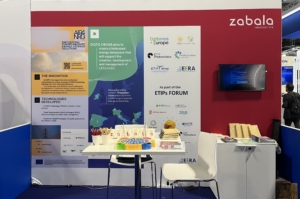
Zabala Innovation booth with DATA CELLAR
About Enlit Europe
Enlit Europe is a constantly growing forum uniting industrial leaders, innovators, and policymakers across the energy sector to drive discussions, partnerships, and actionable solutions for a sustainable energy future. Held annually, this inclusive platform attracts a global audience and this year featured 15,000 attendees, more than 700 exhibitors, and over 500 speakers who engaged in a series of high-level summits, topic-focused hub sessions, and extensive networking opportunities. Enlit serves as a dynamic stage where all aspects of the energy agenda are addressed, fostering essential collaboration for Europe’s energy transition.
Insights from the “Energy data spaces” session
On October 23, DATA CELLAR joined its sister projects at the EU Projects Zone Hub for a collaborative session moderated by Antonello Monti from int:net, dedicated to the developments and challenges within the Energy Data Space Cluster Projects (EDSCP). The session began with a welcome by Monti, who introduced representatives from the European Commission (EC), including Patricia Arsene and Stavros Stamatoukos. The EC emphasised the importance of robust data exchange frameworks, going beyond interoperability to address issues like access management and trust frameworks. These elements are key in achieving data-driven innovation and fostering a collaborative working group to build consensus on data-sharing practices.
Antonello Monti then presented a blueprint for the evolving European energy data space, developed in collaboration with the EDSCP. Known as the CEEDS v2 blueprint, this strategic plan focuses on establishing a “Common European data space for energy”. The key objectives include enhancing cluster activities, by defining the European data space concept, establishing reference use cases, and developing approaches to interoperability. Also, guiding building blocks and components, by offering guidance on essential software components and technical specifications for facilitating energy data integration.
The blueprint also outlines five use cases designed to maximise the benefits of energy data spaces. These range from collective energy consumption for communities and home energy management to grid integration for renewables, providing a roadmap for practice data solutions.
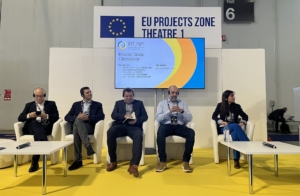
“Energy data spaces” session
Following this introduction, a roundtable discussion explored actions needed to overcome challenges in the energy data sector. Martina Galluccio, the coordinator of DATA CELLAR, highlighted the project’s efforts to improve the data-sharing process, particularly by streamlining data ingestion for project partners. Galluccio noted that DATA CELLAR is refining interoperability tools to facilitate seamless data exchange, ensuring that all stakeholders can contribute data effectively. She also emphasised the need to harmonise regulatory frameworks across Europe to support the practical application and sustainability of these technological advances.
The representatives from the other projects contributed with their perspectives on interoperability and stakeholder engagement.
Tasos Tsitsanis from SYNERGIES underscored the importance of a federated approach to data sharing, with active stakeholder engagement being key to a functional data ecosystem.
Georg Hartner from EDDIE discussed the need to align the project outcomes with EU directives, which often vary across regions.
Arturo Medela from OMEGA-X outlined advances in decentralised identity management and interoperability testing, with preliminary trials already underway.
Massimo Bertoncini from ENERSHARE pointed out challenges in technological maturity and standardisation, emphasising tools that clarify data spaces’ benefits to end-users.
When discussing regulatory needs, participants emphasised the need for a cohesive EU regulatory framework to streamline secure and accessible data sharing across sectors. They highlighted the importance of fostering partnerships across public and private sectors to extend benefits beyond technical successes. This includes establishing data marketplaces to connect stakeholders, recognising the role of data producers by securing intellectual property rights, this strengthening level compliance.
Also, it was mentioned that the energy data ecosystem often overlooks the role of prosumers, suggesting that incentivising data providers through intellectual property rights and rewards could bolster data-sharing efforts. While the European Commission warned against over-regulation to avoid stifling innovation, they remarked that initiatives should be market-driven to remain adaptable and outcome-focused.
